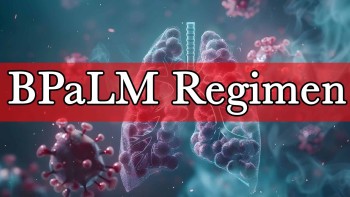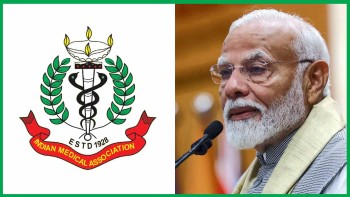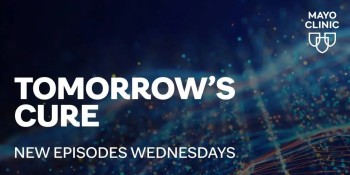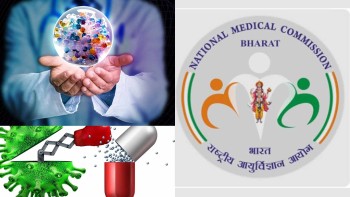Bill Gates, the co-founder of Microsoft and a tech visionary, is optimistic about the transformative power of artificial intelligence (AI) in the field of medicine. As his first grandchild was born in 2023, a year that marked the mainstream arrival of AI, Gates began contemplating the positive impact this technology could have on the future.
In a recent post on his GatesNote blog, Gates shared his insights on how AI is set to play a pivotal role in global health. He believes that 2024 will be a landmark year for AI, particularly in the realm of healthcare, an area where the Bill & Melinda Gates Foundation has long been committed to making a difference.
Gates acknowledges that AI is poised to take on various roles in healthcare. Some tasks will be handled entirely by AI, while in others, AI will act as a valuable assistant to human professionals. He emphasizes that AI's potential extends beyond healthcare, encompassing areas like education and mental health, with the aim of addressing global inequalities.
The Year of AI Advancements
2023 witnessed significant developments in AI, particularly in the domain of generative AI. One notable breakthrough was the launch of OpenAI's ChatGPT, which paved the way for AI's widespread adoption. ChatGPT, a leading generative AI tool, empowers individuals with the ability to generate information and images using AI, catering to diverse needs and queries.
With over 100 million users each week, ChatGPT has become a prominent player in the AI landscape. Microsoft's significant investment in OpenAI highlights the tech giant's commitment to AI innovation. Additionally, companies like Google have introduced AI advancements, such as the Bard AI chatbot, indicating the continued integration of AI across various platforms.
Investments in generative AI startups soared to nearly $10 billion in 2023, more than doubling the previous year's figures. However, alongside AI's rise in popularity, concerns persist. Some worry about the potential for AI to replace human jobs and generate inaccurate information, a phenomenon termed "hallucinate."
Gates' Vision for AI Integration
Bill Gates envisions mainstream AI integration in high-income countries like the United States within the next 18-24 months. He anticipates 2024 as a turning point when AI's impact becomes more profound.
AI's Role in Global Health
Gates, who transitioned from Microsoft's helm to philanthropy, sees AI as a game-changer in global health. He highlights several key areas where AI can make a significant difference in 2024:
- Fighting Antibiotic Resistance: Gates mentions an AI-powered tool developed by the Aurum Institute in Ghana that aids health workers in prescribing antibiotics without contributing to antimicrobial resistance. This tool analyzes available data to suggest the most effective drug plan for patients.
- High-Risk Pregnancy Support: AI-powered ultrasounds can help identify pregnancy risks, potentially reducing maternal mortality rates. The Gates Foundation is actively funding initiatives to make this technology accessible. Furthermore, AI-based language models, akin to ChatGPT, are being developed to assist health workers in managing high-risk pregnancies.
- HIV Risk Assessment: Gates is enthusiastic about a South African chatbot called Your Choice, designed to provide nonjudgmental counseling and round-the-clock advice regarding HIV and sexual health, particularly for vulnerable populations.
- Quick Access to Medical Records: In many countries, individuals lack documented medical histories, hindering their healthcare. A Pakistani team is developing a voice-enabled mobile app to address this issue by gathering essential medical information through a series of questions.
AI's Potential Beyond Healthcare
Gates also sees AI's potential in education, with tailored AI tools enhancing individual learning experiences. He envisions the localization of AI education tools for students in diverse cultural contexts.
While AI dominates his thoughts, Gates remains concerned about climate change and advocates for increased investment in climate-related innovations in 2024. Additionally, he discusses the evolving perception of nuclear energy as a viable solution to meet growing energy needs while reducing carbon emissions.
A Shift from Skepticism to Enthusiasm
Gates, once a skeptic of AI's capabilities, had a change of heart after witnessing a demonstration of OpenAI's GPT-4 in August 2022. This experience prompted him to support Microsoft's aggressive foray into generative AI.
Microsoft's Commitment to AI
Although Gates left Microsoft's board in 2020, he continues to advise CEO Satya Nadella. Microsoft has heavily invested in AI, particularly in OpenAI, and integrated AI technology into its online services, including the Bing search engine. The introduction of Microsoft Copilot in Windows 11 demonstrates the company's commitment to AI integration across multiple platforms.
Adapting to AI Challenges
Gates recognizes that AI adoption won't be without its challenges. Despite his initial plans to use AI tools for his foundation's strategy reviews, he found it challenging to break old habits. This serves as a reminder that even tech visionaries like Gates are navigating the transition to an AI-driven future.
In conclusion, Bill Gates envisions AI as a catalyst for positive change in various fields, with healthcare being a significant beneficiary. As AI continues to evolve and integrate into everyday life, Gates remains a steadfast advocate for harnessing its potential to address global challenges and improve the human condition.







Recent comments
Latest Comments section by users